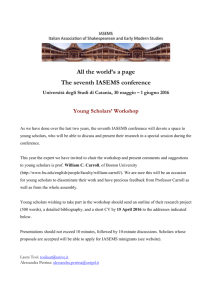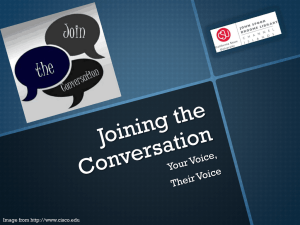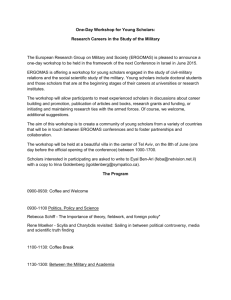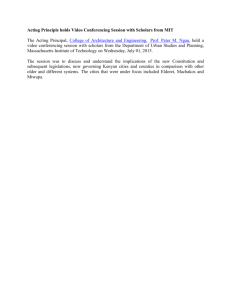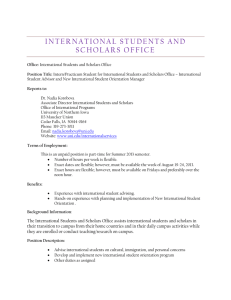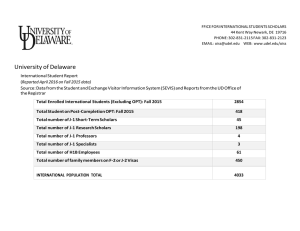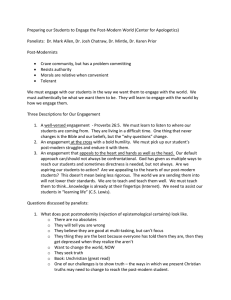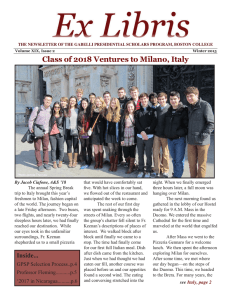Six Visions of an Emerging International Order Chapter 13 Word
advertisement
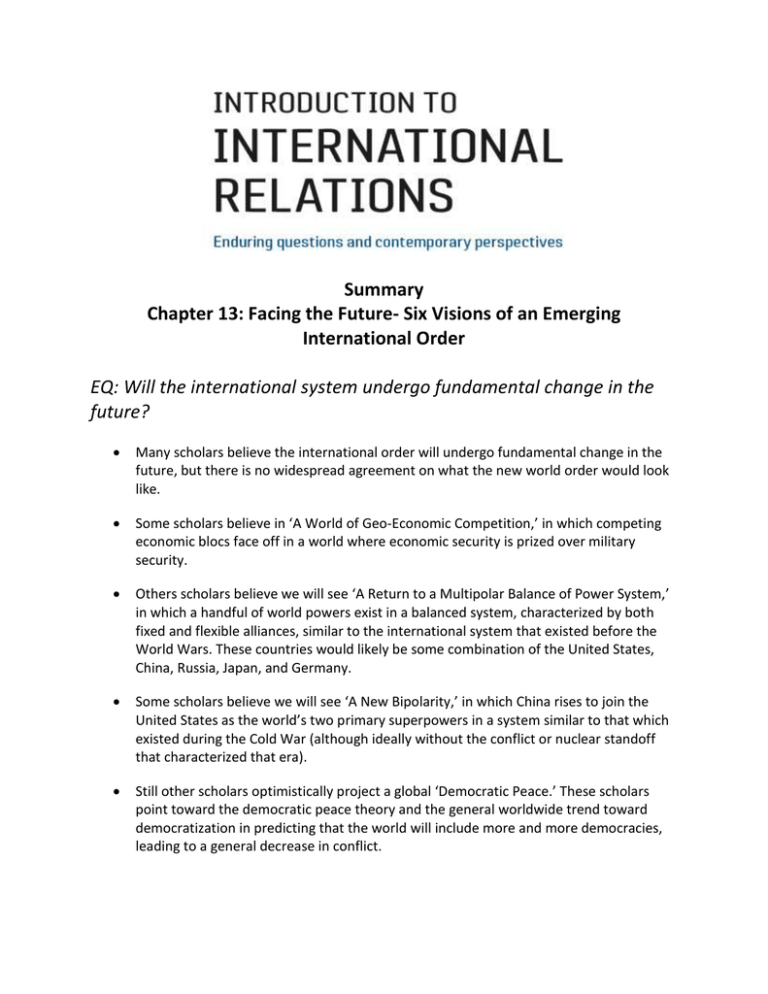
Summary Chapter 13: Facing the Future- Six Visions of an Emerging International Order EQ: Will the international system undergo fundamental change in the future? Many scholars believe the international order will undergo fundamental change in the future, but there is no widespread agreement on what the new world order would look like. Some scholars believe in ‘A World of Geo-Economic Competition,’ in which competing economic blocs face off in a world where economic security is prized over military security. Others scholars believe we will see ‘A Return to a Multipolar Balance of Power System,’ in which a handful of world powers exist in a balanced system, characterized by both fixed and flexible alliances, similar to the international system that existed before the World Wars. These countries would likely be some combination of the United States, China, Russia, Japan, and Germany. Some scholars believe we will see ‘A New Bipolarity,’ in which China rises to join the United States as the world’s two primary superpowers in a system similar to that which existed during the Cold War (although ideally without the conflict or nuclear standoff that characterized that era). Still other scholars optimistically project a global ‘Democratic Peace.’ These scholars point toward the democratic peace theory and the general worldwide trend toward democratization in predicting that the world will include more and more democracies, leading to a general decrease in conflict. Another school of thought foresees a ‘Clash of Civilizations.’ In this model, conflict is the primary characteristic of the international system, but the divisions are based on religious, ethnic, cultural, and linguistic differences, rather that Westphalian state borders. One final view is that the world will dissolve into ‘Global Fracture,’ with a divide between pre-modern, modern, and post-modern zones. In the pre-modern zone, governance is virtually non-existent, and violence and lawlessness reign supreme. The modern zone would be similar to today’s Westphalian system, with a general struggle between war and peace between clearly delineated states. The post-modern zone would be a new phenomenon, similar to today’s European Union. In the post-modern zone, state boundaries would be forgotten as states joined together in blocs of peaceful economic integration.


